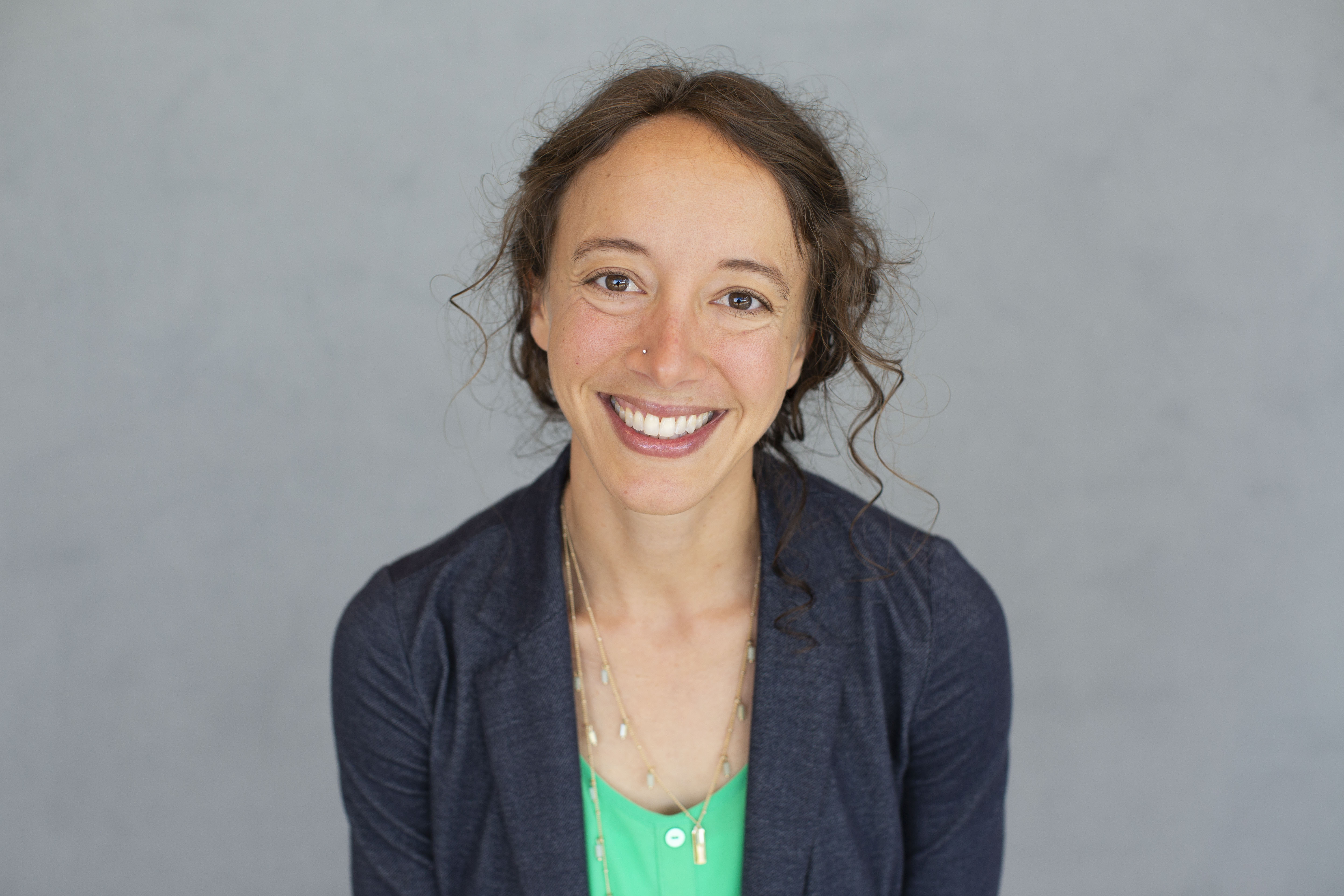Jennifer Lovell
She/Her/Hers

Dr. Lovell’s research centers on participatory and community-based approaches to psychology, with projects including: (1) youth participatory action research on mental health, (2) studies of digital wellness among adolescents and college students, and (3) the role of interracial dialogue in fostering race-conscious leadership in higher education.
She co-authored The “Troubled” Adolescent: Challenges and Resilience within Family and Multicultural Contexts (2018) with Dr. Joseph L. White, and she seeks to continue his legacy through the mentoring and empowerment of undergraduate students. Some additional relevant/selected publications include:
- Smith, K. E., Acevedo-Duran, R., Lovell, J. L., Castillo, A. V., & Cardenas Pacheco, V. (2024). Youth are the experts! Youth participatory action research to address the adolescent mental health crisis. Healthcare, 12(5), 592. https://doi.org/10.3390/healthcare12050592
- Lovell, J. L., & Scott-McLaughlin, R. (2022). Intersectional allyship and the importance of relationships. In B. Palmer (Ed.) Practical Social Justice: Diversity, Equity, and Inclusion Strategies Based on the Legacy of Dr. Joseph L. White. Routledge.
- D’Costa, S., Mascarenhas, M., & Lovell, J. L. (2022). Supporting institutional change through interracial dialogue among leaders. Education Sciences, 12. https://doi.org/10.3390/educsci12120841
- Rocha, C., Mendoza, I., Lovell, J. L., Espinoza, S., Gil, C., Santos, M., & Cervantes, A. (2022). Using youth-led participatory action research to advance the mental health needs of Latinx youth during COVID-19. School Psychology Review. https://doi.org/10.1080/2372966X.2022.2093126
- Valdez, C. E., & Lovell, J. L. (2021). What psychology students want from service-learning. Teaching of Psychology. https://doi.org/10.1177/00986283211021075
| Title: | Associate Professor, Acting Director |
|---|---|
| Email: | jlovell@csumb.edu |
| Phone: | (831) 582-4349 |
Social Justice Interests / Social Justice Concerns
Her primary social justice interests include white anti-racism, mental health stigma, and feminism. She is committed to advancing equity in child and adolescent mental health, supporting family wellness, and promoting culturally responsive, community-driven approaches to psychology. She is also interested in how higher education can disrupt deficit-based narratives of youth, families, and communities, and instead elevate strengths-based, culturally grounded approaches to health and leadership.